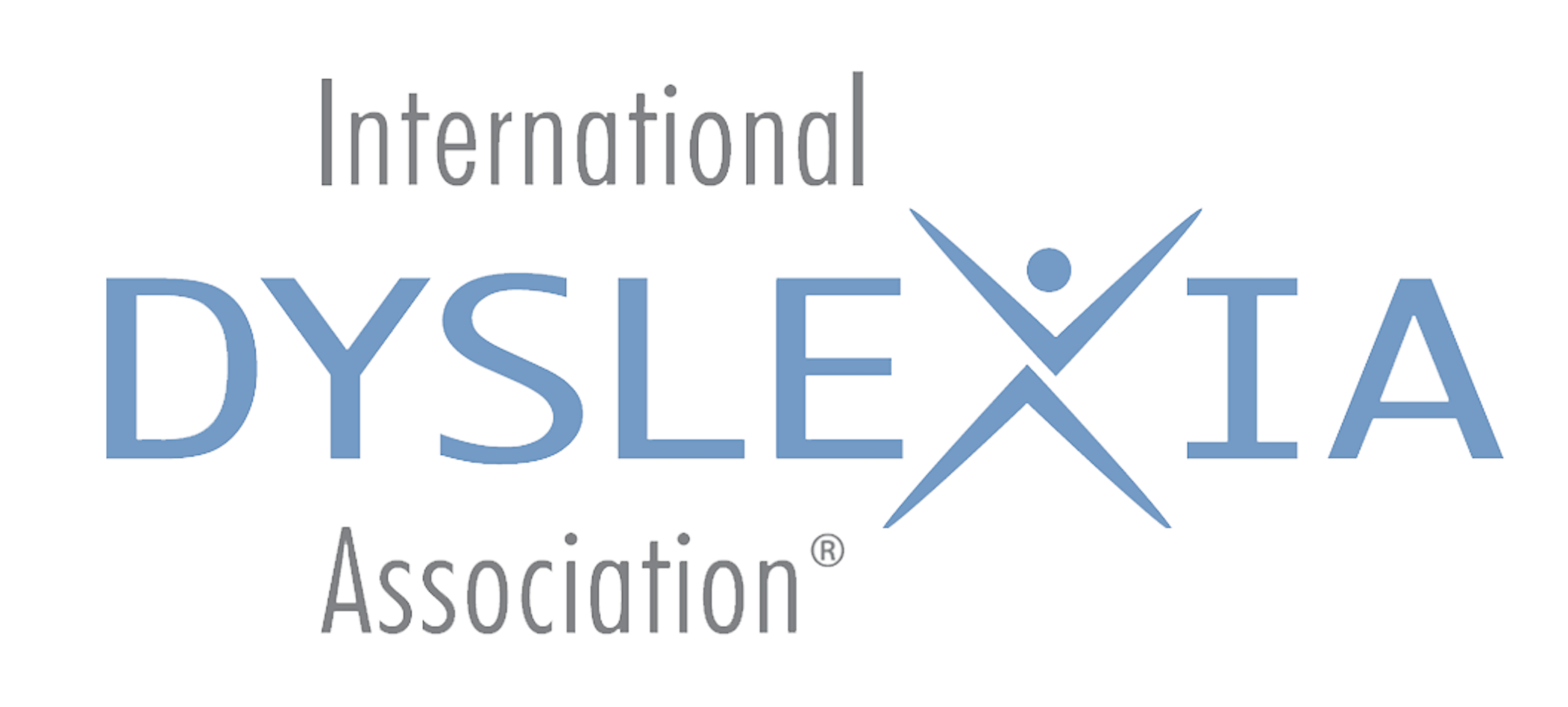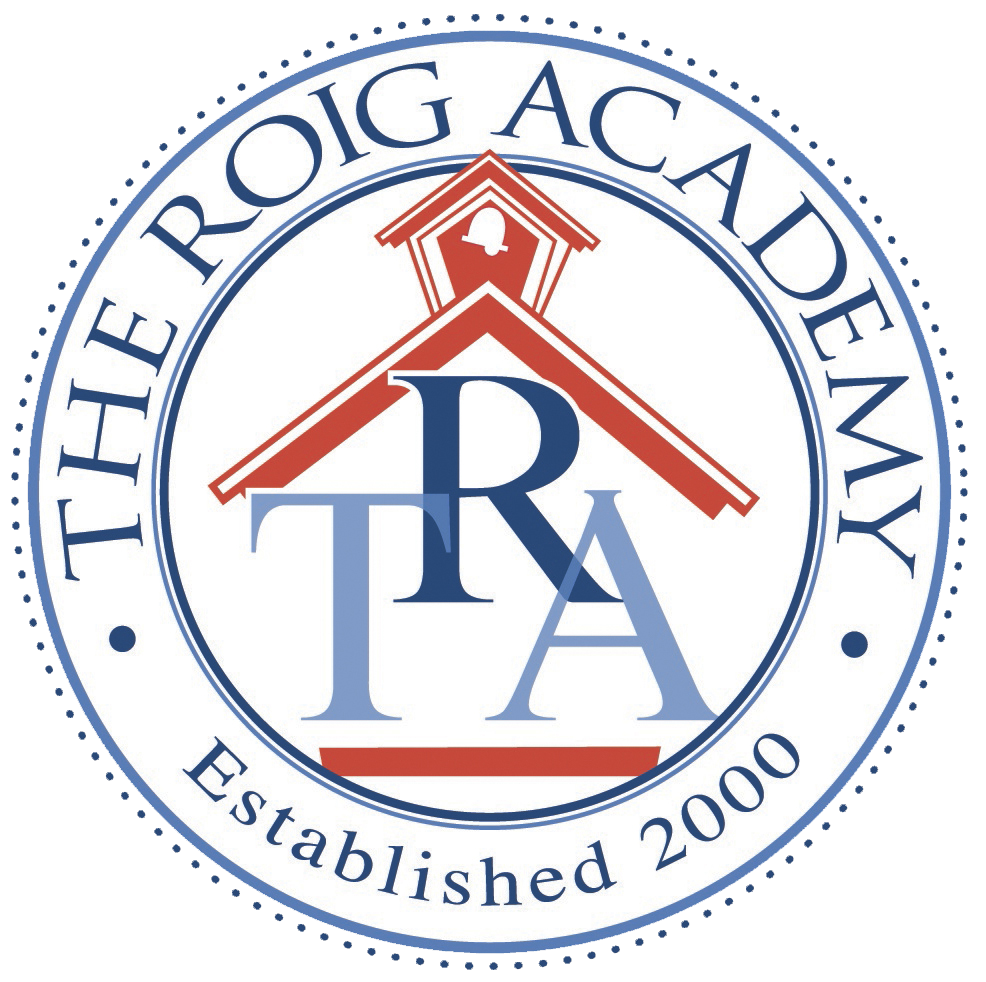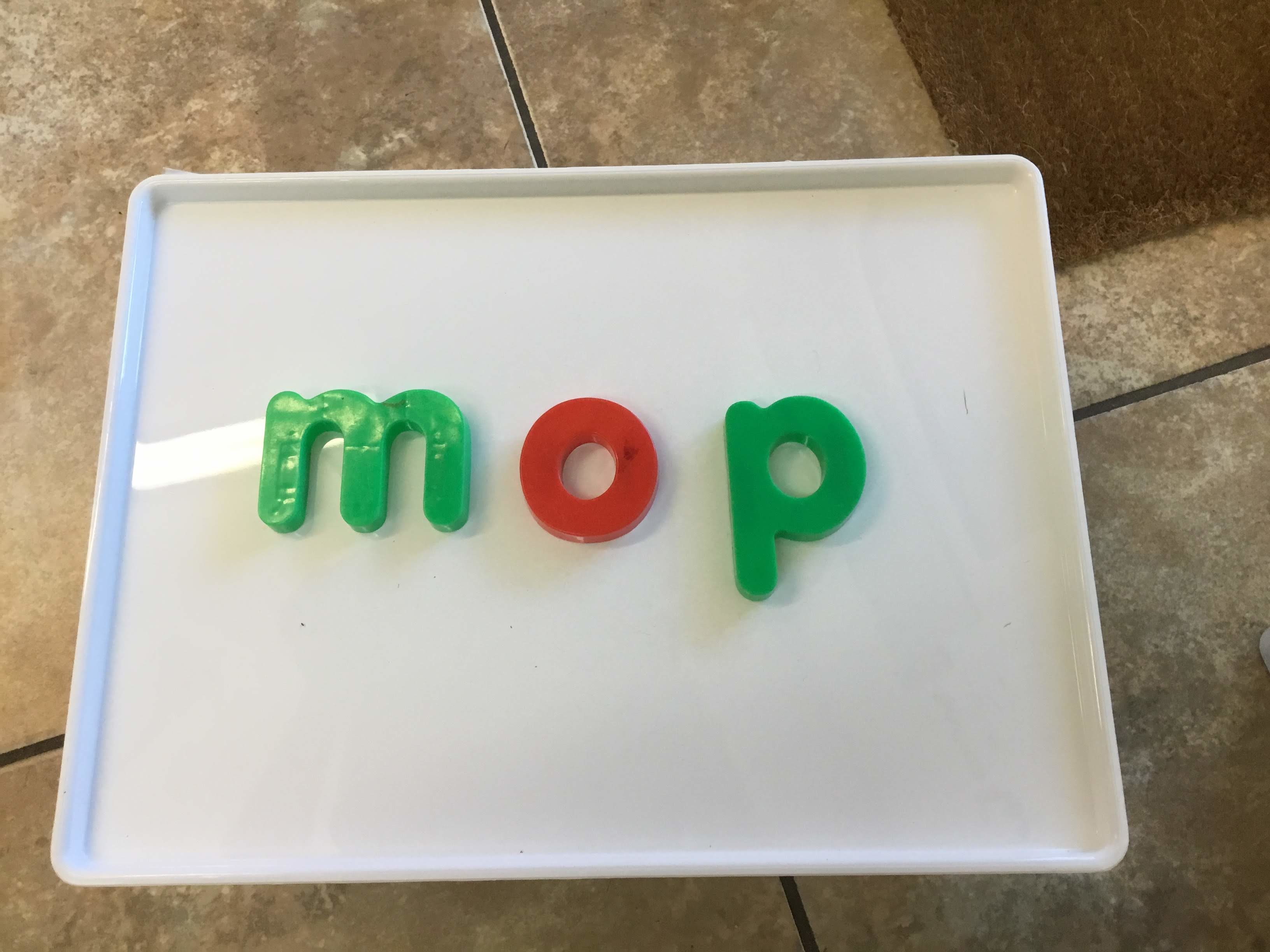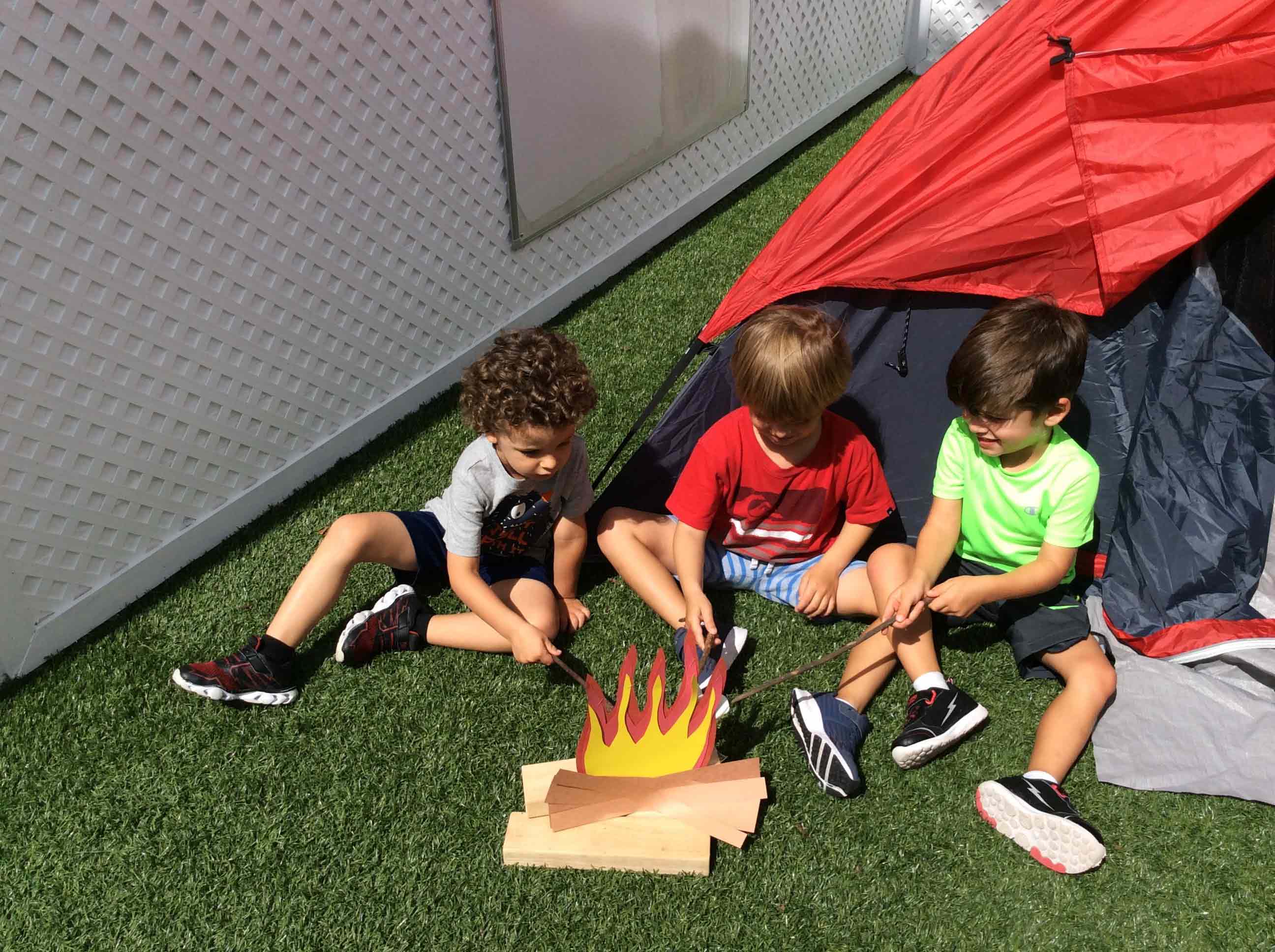Avoiding the COVID-19 Academic Slide with Summertime Entertainment
Our Approach to Education
Reading Approach
Our Head of School
Inquire Online
Why The Roig?
We understand that children with learning differences, such as Dyslexia and Dyscalculia, require teaching styles and methodologies that are not found in a typical classroom. The Roig Academy is among a specialized independent network of schools throughout the world that are designed for students with learning differences.

The Roig Academy is among a specialized independent network of schools throughout the world that are designed for students with learning differences.
The COVID-19 Academic Slide: Potential Learning Loss During a Prolonged Break from the Classroom
Education experts have long known that during a prolonged break from formal instruction some students will experience what is known as seasonal learning loss (also known as the “summer slide”). Now, as schools close in response to the pandemic, education experts have begun to investigate whether this year’s loss of formal classroom instruction time will cause even greater learning losses for students.
What does the typical summer slide look like?
A recent study by Megan Kuhfeld looked at the NWEA MAP Growth reading and math scores for 3.4 million students taken from assessments conducted at the end of the 2016-17 school year and the beginning of the 2017-18 school year. Her goal was to measure the difference between where students’ achievements were at the end of the school year and at the end of summer.
Based on comparisons of these before and after scores, Kuhfeld found that most students experienced learning losses in both math and reading over their summer breaks. Of those students whose assessment scores declined, the average loss measured in months of school-year learning was one to two months for reading and one to three months for math.
The typical student loses between one and three months’ worth of the prior year’s academic gains over the course of their summer break.
What learning losses do experts predict for the summer of 2020?
Efforts to prevent the spread of the COVID-19 virus have resulted in short-term school closures and long-term changes in the way instruction is delivered to students across the United States. While many students have access to online instruction and other alternatives to replace their classroom time, the academic year has been disrupted. Technology, logistical challenges and exposure to emotional stress have made this school year anything but typical.
What does this mean for students’ 2020 academic achievements?
Researchers for the NWEA, Kuhfeld among them, investigated this question and shared their findings.
Using what is known from previous studies of seasonal learning losses, the NWEA team projects that the effects of the school closings and other disruptions caused by COVID-19 are likely to cause significantly more learning loss than a typical summer break.
Back to school achievement scores in reading and math following Coronavirus-related school closures are expected to be much lower than those of a regular school year.
The NWEA report indicates that students may return to school in the fall with just 63% to 68% of their typical reading gains. Math performance is expected to be even worse. With students retaining just 37% to 50% of their math skills compared to a normal school year. Of course, not every student will experience setbacks. Some may even make gains, particularly in reading, if they spend their out of classroom time exercising their reading skills.
How children spend their time over prolonged school breaks can have a profound impact on their rate of learning and retention.
How might COVID-19 related closures affect younger children?
Most of the research about seasonal learning losses relies heavily on standardized test results which are not readily available for Pre-K children. But, we do know that participating in enrichment opportunities such as, school and reading readiness programs can help young children develop the skills and habits they will need for future school success. An age-appropriate, structured learning program taught by trained professionals can prepare children under the age of 5 to enter kindergarten with confidence, develop their love of learning, and engage their curiosity.
“All of a child’s early experiences, whether at home, in child care, or in other preschool settings are educational. When early experiences are consistent, developmentally sound, and emotionally supportive, children learn optimally and develop resilience for life.” – American Academy of Pediatrics, Policy on School Readiness (2019)
Many young children’s daily routines and social interactions have been affected by closures of daycares and preschools, changes in their parents’ work schedules, and the presence of older siblings who are at home due to school closures. These experiences will impact their cognitive and emotional growth.
What can parents do to prevent learning losses during the summer of 2020?
This summer will present parents with unusual challenges when it comes to supporting their children’s learning experience.
Parents must help their children manage the stress caused by exposure to negative news, loss of social activities, and changes in routine as well as address their intellectual needs. To help your child adjust to these changes, provide them with structure balanced with flexibility. In other words, develop new, positive routines for your child while simultaneously being mindful of their emotional needs. Feed your child’s love of learning and help them retain the knowledge they’ve gained during the school year by providing opportunities to reinforce learning.
“[L]earning happens over periods of time…All of the academic skills will decay over time if it’s not used on a daily basis,” Explains senior policy researcher Jennifer McCombs on a recent edition of Harvard’s EdCast. To avoid learning loss, we must practice the skills that we’ve gained.
Summer is the perfect opportunity to encourage your child to practice and apply the skills they’ve gained throughout the school year and explore new ideas and ways of learning. For your pre-K child, summer affords an opportunity to introduce them to the joys of learning, engage in outdoor activities that nurture their connection and curiosity of the world around them, and develop the self-regulation and other skills they will need to thrive when they enter school.
How to enrich your child’s learning environment during their 2020 summer break
There is no replacement for the plethora of benefits that come with classroom experience. With states and cities working towards phasing in reopening, it is a possibility that your child may soon be able to return to a formal class setting- the most optimal way to decrease the severity of the summer slide. However, given the uncertainty of the status quo there are measures you can take in assisting your child with retention and mitigating the losses of the slide.
Providing opportunities to learn through exploring, playing, and enrichment activities have always been a positive way to encourage a lifelong love of learning and prevent the summer slide.
Trips to the museum and zoo may be virtual ones, and children can select great books to read online. Go online and discover a new recipe together. For example, help your child with numeracy and literacy skills by measuring out ingredients, setting timers and, learning to follow step by step directions. Show your child how to write letters to a penpal or host a virtual meetup so they can stay connected with their friends. Play board and card games that exercise your child’s math and reasoning skills.
This school year wasn’t like any other and this summer won’t be either. That doesn’t mean your child has to miss out on rich learning opportunities. Take advantage of online summer learning programs offered at The Roig Academy.
Our intensive summer reading program for students in grades K through 5, Fast Forword, and our Virtual Bilingual Summer Camp for children ages 2 to 4, Camp Roig.
“The Roig Academy provided just the right amount to my boys, who had ADHD and other related learning disabilities and would not benefit from the usually excessive, rote homework.”
—




